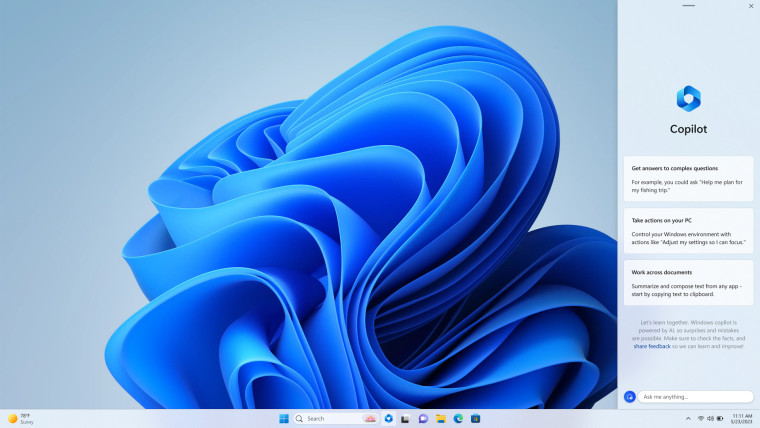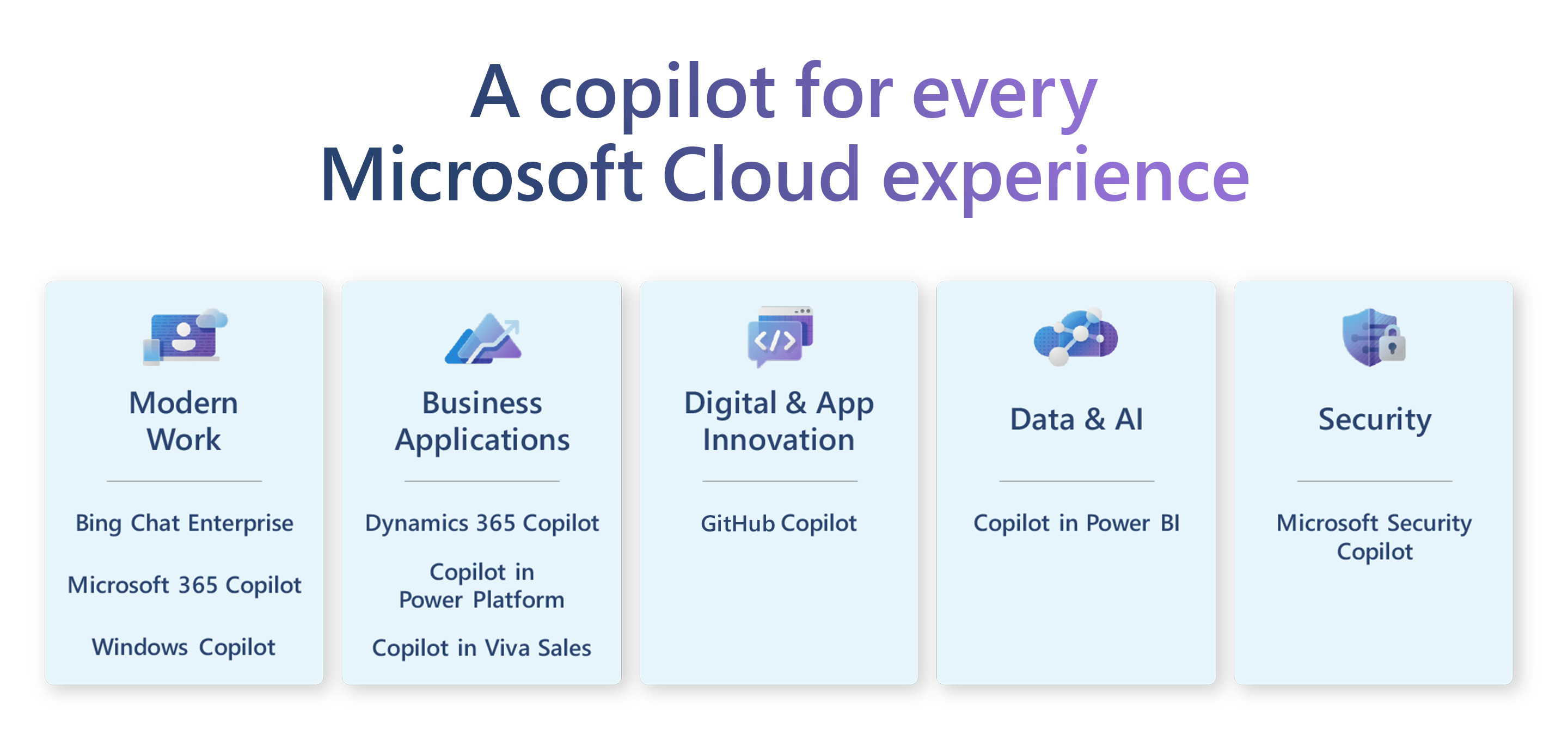
Over the past several months, Microsoft has been embracing the use of generative AI assistance throughout its software lineup. That includes previews of products like Windows Copilot, Microsoft 365 Copilot, Github Copilot, and more.
At the same time, there's been a growing concern from content makers that generative AI products like Microsoft's various Copilot products scrape the internet and use the content created by others illegally. Today, Microsoft announced a new pledge to its commercial customers, stating that none of its paid professional Copilot services, when used within the prescribed guardrails, will violate the copyrighted content of others.
In a blog post, Microsoft President Brad Smith announced this pledge, calling it the Copilot Copyright Commitment. This pledge even says that the company will help others who get sued by a person or group who claims that the use of a Copilot product violated their content. Smith stated:
Specifically, if a third party sues a commercial customer for copyright infringement for using Microsoft’s Copilots or the output they generate, we will defend the customer and pay the amount of any adverse judgments or settlements that result from the lawsuit, as long as the customer used the guardrails and content filters we have built into our products.
Smith said the Copilot Copyright Commitment is a pledge to stand behind any of their customers that use Copilot products, while also helping to protect the content created by humans. He added:
We believe the world needs AI to advance the spread of knowledge and help solve major societal challenges. Yet it is critical for authors to retain control of their rights under copyright law and earn a healthy return on their creations. And we should ensure that the content needed to train and ground AI models is not locked up in the hands of one or a few companies in ways that would stifle competition and innovation.

Of course, there are conditions to this pledge. Microsoft says that Copilot customers must use the product's built-in content filters. They must also not try to deliberately infringe on someone else's copyrighted content. That means customers should not try to add "input to a Copilot service that the customer does not have appropriate rights to use."















4 Comments - Add comment